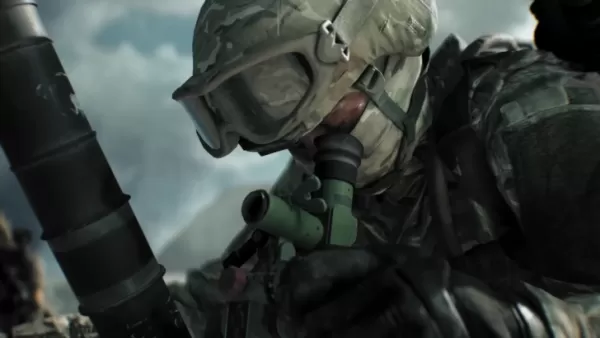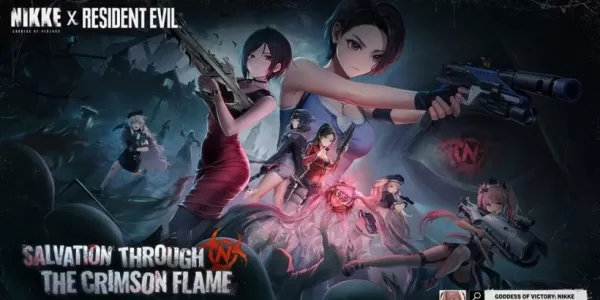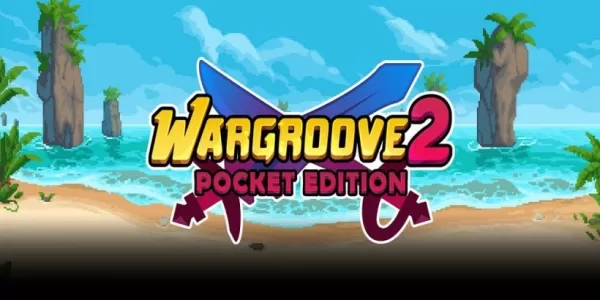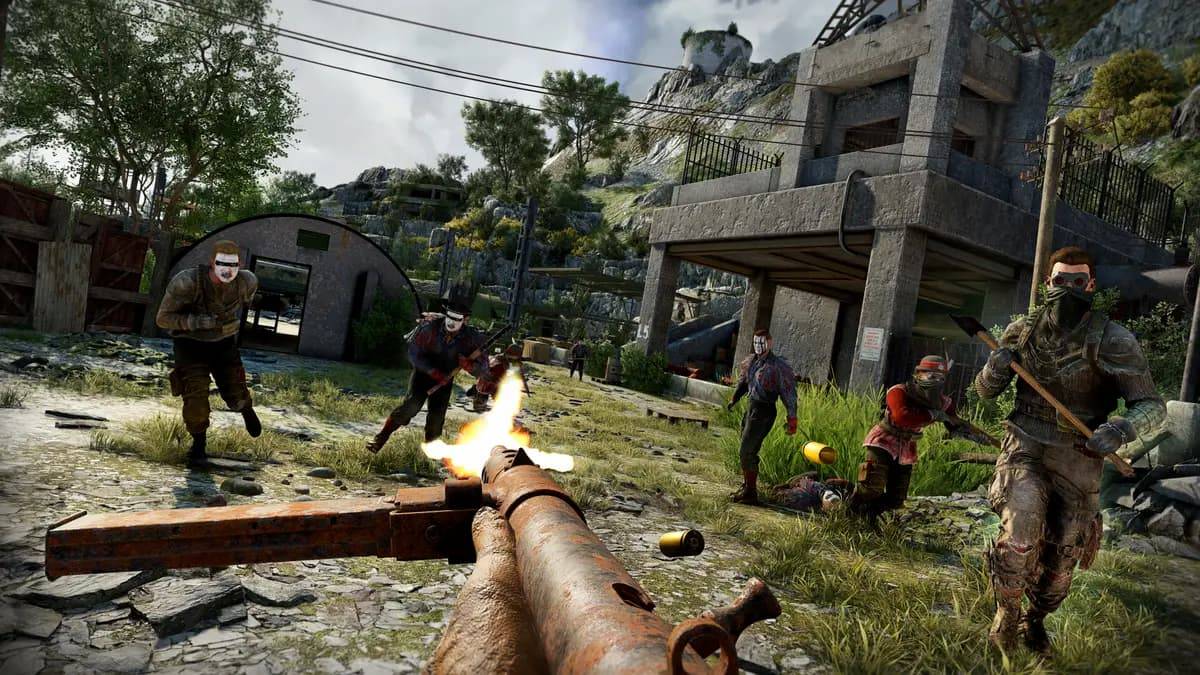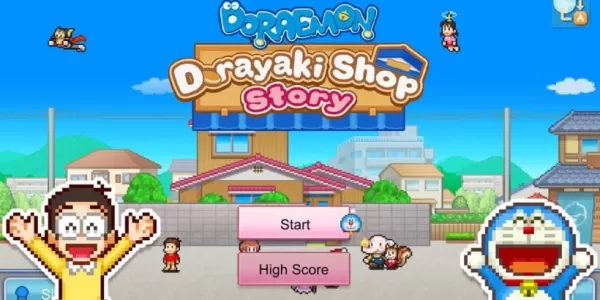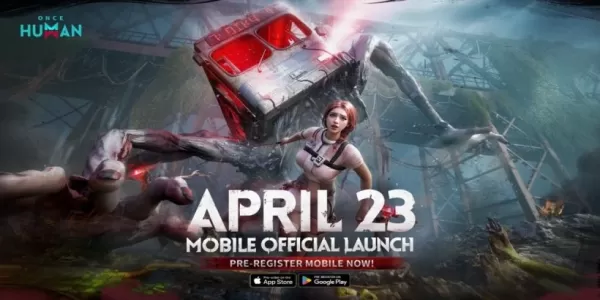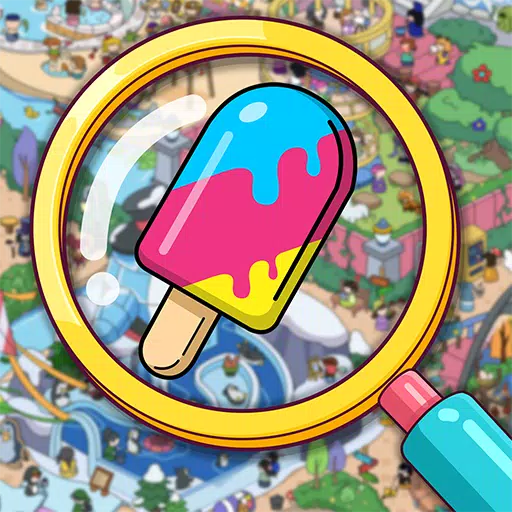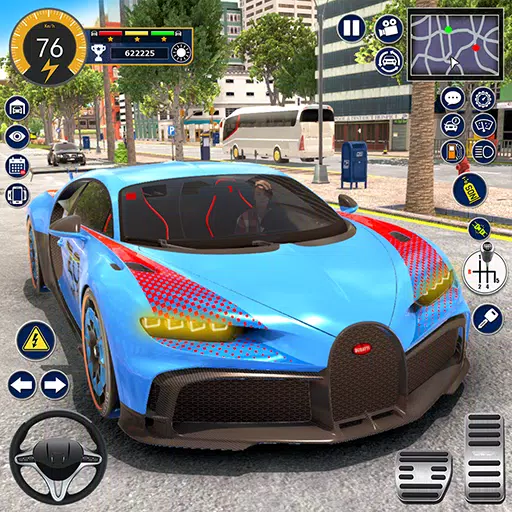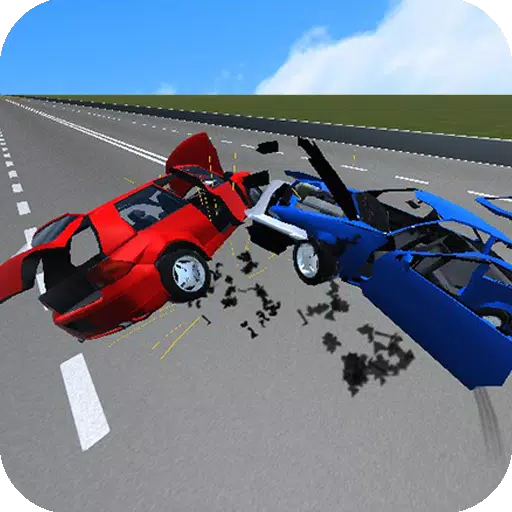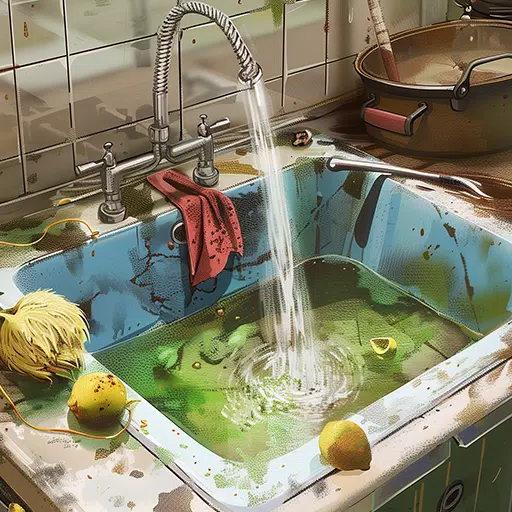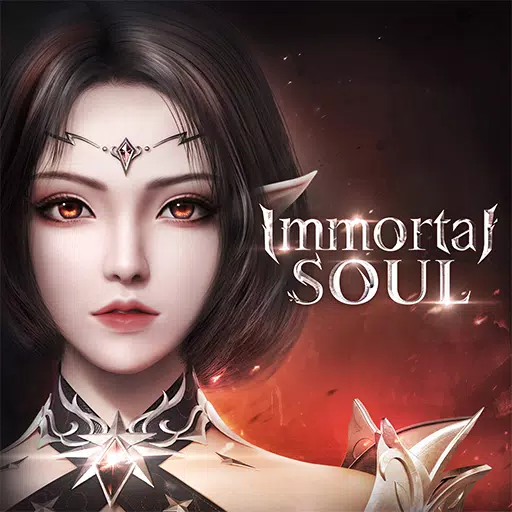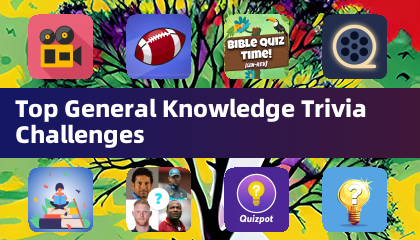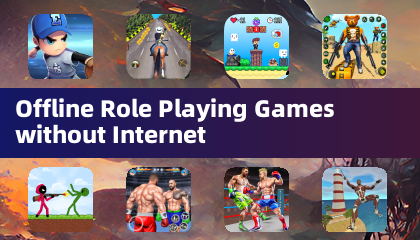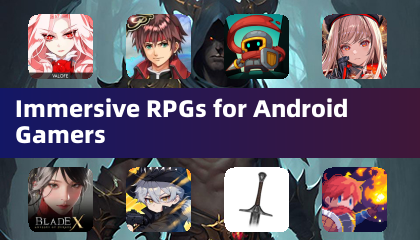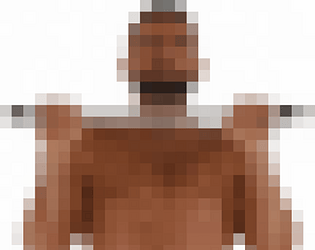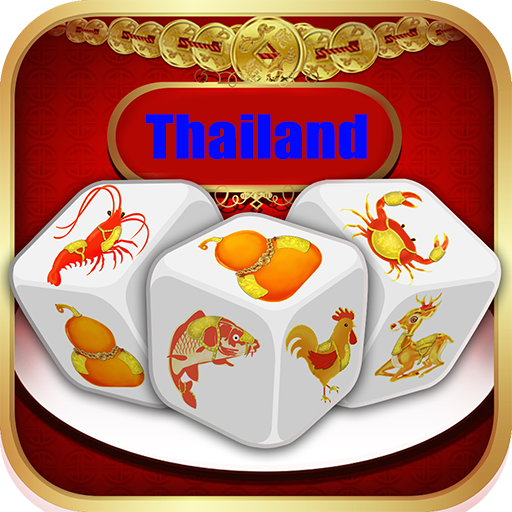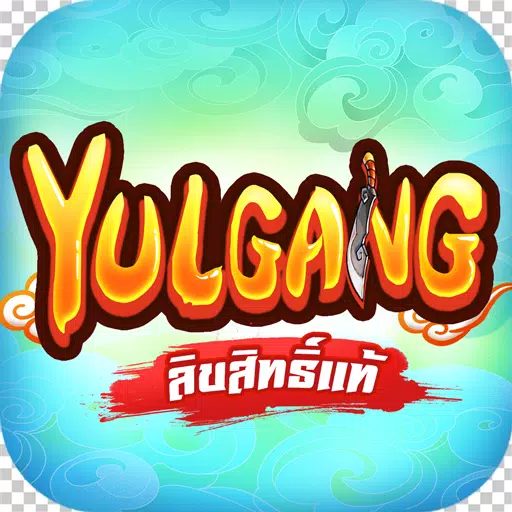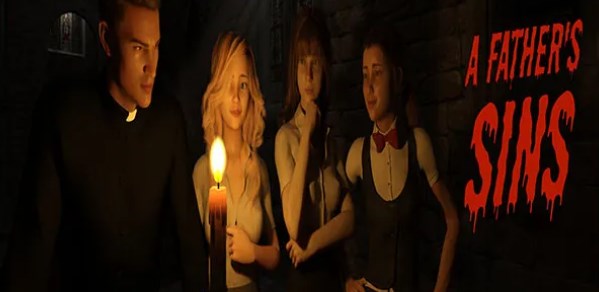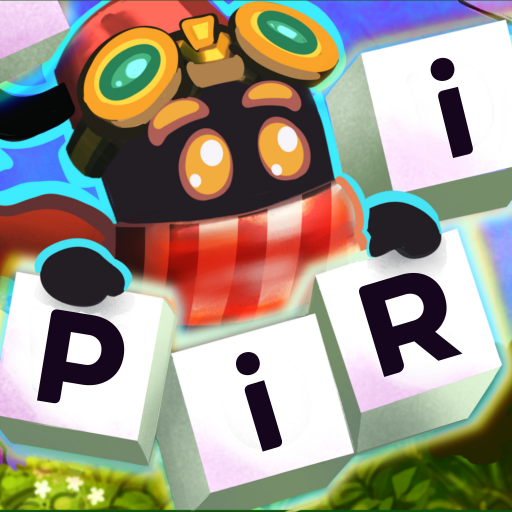The Marvel Cinematic Universe (MCU) has revolutionized entertainment with its interconnected narrative across movies and TV shows, creating a cohesive saga that has captivated audiences worldwide. However, Marvel video games have traditionally operated outside this universe, each telling its own unique story. For instance, Insomniac’s Marvel’s Spider-Man series stands independently from Eidos-Montreal’s Marvel's Guardians of the Galaxy. Similarly, upcoming titles like Marvel 1943: Rise of Hydra, Marvel's Wolverine, and Marvel’s Blade are not linked to one another.
Yet, there was once a vision at Disney to forge a Marvel Gaming Universe (MGU) that would mirror the MCU's success in the gaming world. What led to its downfall?

On The Fourth Curtain podcast, host Alexander Seropian and guest Alex Irvine shed light on this ambitious but unrealized project. Seropian, known for co-founding Bungie, which developed Halo and Destiny, led Disney’s video game division until 2012. Irvine, a prolific writer for Marvel games, contributed to the world-building and narrative of Marvel Rivals.
Irvine recounted the early days of the MGU concept: “When I first started working on Marvel games, there was this idea that they were going to create a Marvel gaming universe that was going to exist in the same way that the MCU did. It never really happened.”
Seropian, who spearheaded the MGU initiative, explained its fate: “When I was at Disney, that was my initiative, ‘Hey, let’s tie these games together.’ It was pre-MCU. But it didn’t get funded.”
Irvine, drawing from his experience with the Halo alternate reality game I Love Bees, elaborated on the potential structure of the MGU: “That was so frustrating because we came up with all these great ideas about how to do it. And I was coming out of ARGs at that point and thinking, ‘Wouldn’t it be cool if we had some ARG aspects?’ There would be a place where players could go that all the games touched, and we could move them back and forth from game to game. We could link in comics, we could loop in anything, we could do original stuff. And then, as Alex said, it didn’t get funded. So we made a bunch of games.”
The MGU's failure to secure funding stemmed from its complexity, which deterred some at Disney. Irvine noted, “Even back then, we were trying to figure out, ‘If there’s going to be this MGU, how is it different from the comics? How is it different from the movies? How are we going to decide if it stays consistent?’ And I think some of those questions got complex enough that there were people at Disney who didn’t really want to deal with them.”
Imagining a world where the MGU had come to fruition, we might have seen Insomniac’s Spider-Man games intertwined with Square Enix’s Marvel's Avengers and Marvel's Guardians of the Galaxy, with characters crossing over and stories culminating in a grand event akin to the MCU’s Endgame.
Looking forward, speculation surrounds Insomniac's upcoming Marvel's Wolverine game. Will it share the same universe as Marvel's Spider-Man? Could there be crossover appearances or shared narratives?
Ultimately, the MGU remains a fascinating "what if" scenario in the realm of video game development. Perhaps in an alternate reality, it thrives as a testament to what could have been.

